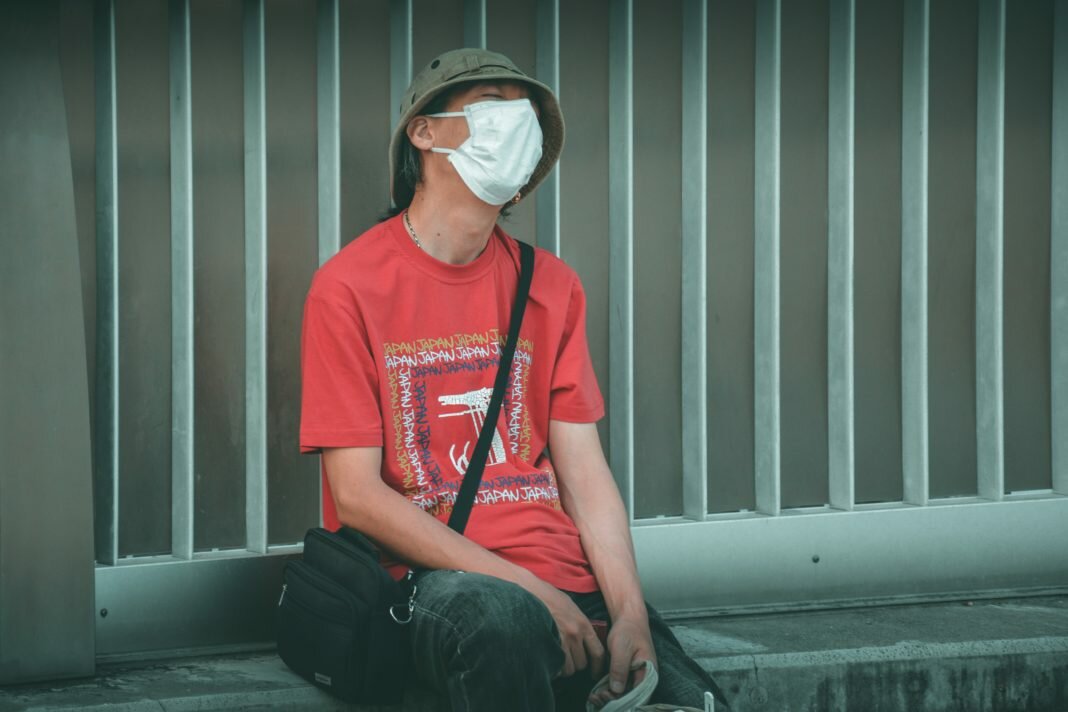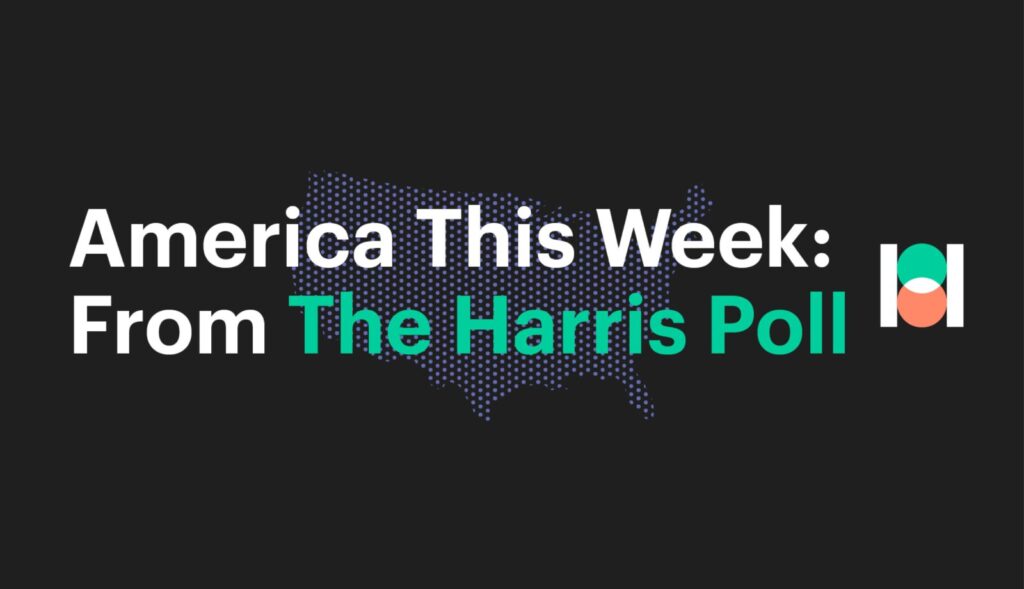Brief • 3 min Read

A recent study by Fast Company and the Harris Poll found that most Americans are willing to continue engaging in COVID-19 safety protocols, but signs of fatigue are beginning to show.
As COVID-19 cases reach record highs, anxiety has increased, and most Americans are more willing to engage in safety precautions now compared to six months ago. Moreover, it appears that firsthand experience with the virus – or at least being tested for it – encourages Americans to take the pandemic seriously.
Nearly half (45%) of all Americans are more worried about the pandemic than they were six months ago. This anxiety is even higher among those who have had to test for the virus or its antibodies. Fifty-seven percent of those who tested positive and 51% of those who tested negative for COVID-19 say they are more worried about the pandemic compared to just 41% of those who have never been tested for COVID-19.
Precautions Americans are more willing to embrace now include handwashing (76% more likely), disinfecting surfaces (71%), wearing a mask in public (71%), avoiding mass transit (62%), avoiding travel by plane (58%), and avoiding gathering indoors with family or friends (57%).
Those who have had to test for COVID-19 are even more willing to engage in such precautions. Compared to those who have never been tested, both those who tested positive and those who tested negative are say more often that they will avoid traveling by plane (55% vs. 68% and 60%, respectively), avoid using mass transit (57% vs. 70% and 65%), avoid gathering indoors with friends of family (53% vs. 66% and 61%), and wear a mask (73% vs. 83% for all tested respondents).
Although some Americans can’t partake in all safety precautions due to financial and regional constraints — for example, some Americans rely on mass transit for work — many Americans already feel fatigued from all the extra precautions. Twenty-seven percent of Americans say they are less likely to engage in certain COVID safety precautions. These Americans say they’ve accepted the pandemic isn’t ending soon (43%), a vaccine will be available soon enough (27%), and that they would rather live their lives and take their chances getting COVID-19 (23%).
Americans of Color show greater willingness to do their part; the real hurdle for this group is embracing vaccination. Ethnic minorities embrace COVID-19 safety precautions more often than White Americans do. Compared to six months ago,
- 83% of African Americans and 81% of Hispanic Americans say they are more likely to wash their hands (compared to 75% of White Americans).
- 84% of African Americans and 82% of Hispanic Americans say they are more likely to wear a mask in public (compared to 76% of White Americans).
- 68% of African Americans and 60% of Hispanic Americans say they are more likely to avoid gathering indoors with family or friends (compared to 54% of White Americans).
Nevertheless, when asked how soon they plan to be vaccinated for COVID-19 once a vaccine is widely available, 26% of African Americans and 23% of Hispanic Americans say they never plan to be vaccinated (compared to only 15% of White Americans). The Harris Poll has noted hesitancy among people of color toward a COVID-19 vaccine in research with other partners, too, including with STAT News, Fierce Pharma, and Yahoo Finance.
Broader COVID-19 fatigue has also started to affect how people keep up with the latest pandemic news. Eighty-nine percent of Americans keep up with COVID-related news at least once a week, and 63% at least once a day. However, about a fifth (19%) of Americans are following COVID-related news less often or not at all compared to six months ago. These Americans say it’s too stressful or tiring to keep up with COVID-19 news (42%) and that they’ve accepted that the pandemic isn’t going anywhere (40%). In fact, 30% say they do not trust COVID-19 news updates.
Similar to safety precautions, firsthand experience and increased danger of exposure may affect how willing people are to follow COVID-related news. Forty percent of those who have tested positive for COVID-19 or its antibodies keep up with COVID-19 news more often than they did six months ago (compared to 29% of those who have tested negative and 22% of those who have never been tested).
A group more affected by COVID-19 cases than its counterparts, 34% of African Americans now keep up with COVID-19 news more often than they did six months ago compared to just a quarter of White (25%) and Hispanic (24%) Americans. This also makes sense as 50% of African Americans say they are more worried about the pandemic now than they were six months ago.
Still, COVID-19 fatigue does not mean all Americans will rush to embrace a vaccine even if it could mean the end of the pandemic. Most Americans (53%) do plan to be vaccinated within one to three months after a vaccine is widely available; a third (35%) even plan to be vaccinated as soon as possible.
Even so, a quarter of Americans are wary of a vaccine. Six percent plan to wait longer than one year before being vaccinated, and 19% plan never to get vaccinated.
However, some governments and private businesses have considered mandating “immunity passports” or documentation that would prove an individual is protected against COVID-19 infection in order to travel, to return to work, or to enter businesses. Those who plan on delaying or refusing vaccination may not have a choice if immunity passports – an initiative currently supported by 55% of Americans – are mandated by governments and private businesses.
Methodology
This survey was conducted online within the United States by The Harris Poll on December 4-6, 2020, among 1,026 U.S. adults ages 18 and older. This online survey is not based on a probability sample and therefore no estimate of theoretical sampling error can be calculated. Figures for age, sex, race/ethnicity, education, region and household income were weighted where necessary to bring them into line with their actual proportions in the population. Propensity score weighting was used to adjust for respondents’ propensity to be online.
While data values were still statistically significant for Hispanic Americans, given the group’s raw sample size was fewer than 100 respondents (N=97), Hispanic Americans’ responses are reported as directionally accurate/true to comply with The Harris Poll’s public release guidelines.
For more information on methodology, please contact Dami Rosanwo.
Subscribe for more Insights
Subscribe to our newsletter for the latest trends in business, politics, culture, and more.
Download the Data
Get the full data tabs for this survey conducted online within the United States by The Harris Poll on behalf of Fast Company between December 4-6, 2020, among 1,026 U.S. adults ages 18 and older.
Download
Subscribe for more Insights
Subscribe to our newsletter for the latest trends in business, politics, culture, and more.
Download the Data
Get the full data tabs for this survey conducted online within the United States by The Harris Poll on behalf of Fast Company between December 4-6, 2020, among 1,026 U.S. adults ages 18 and older.
DownloadRelated Content








